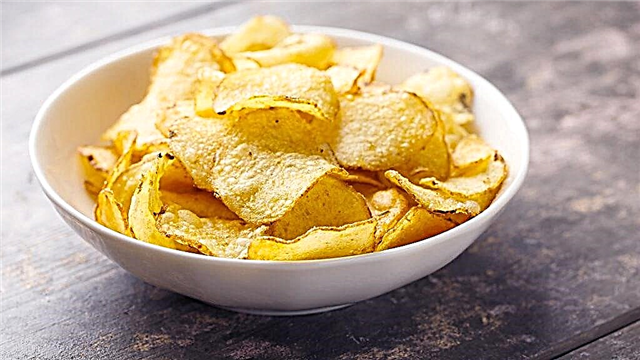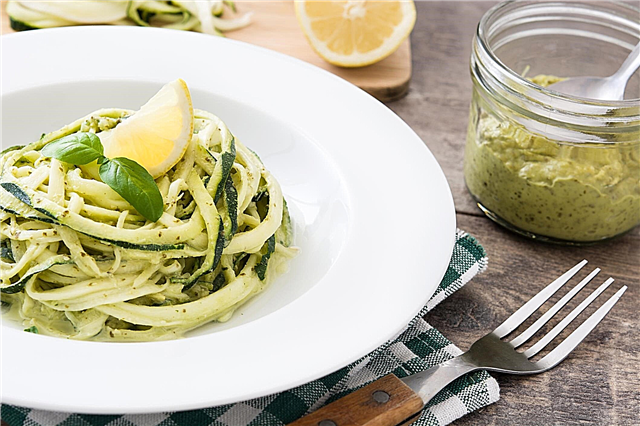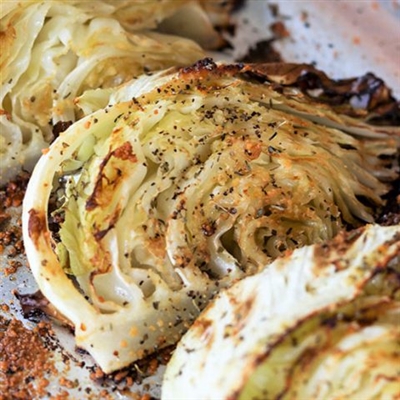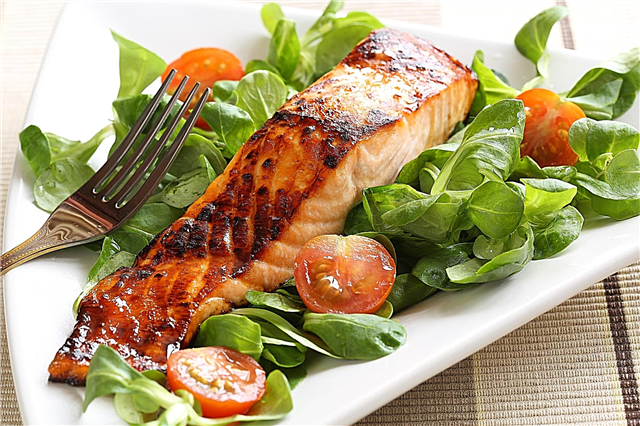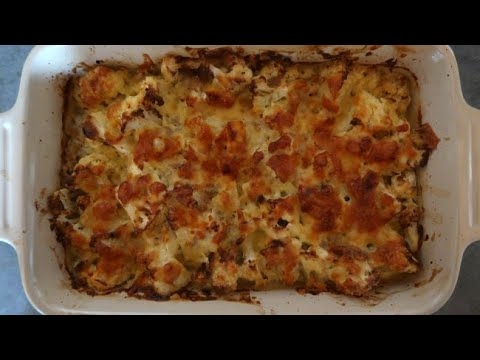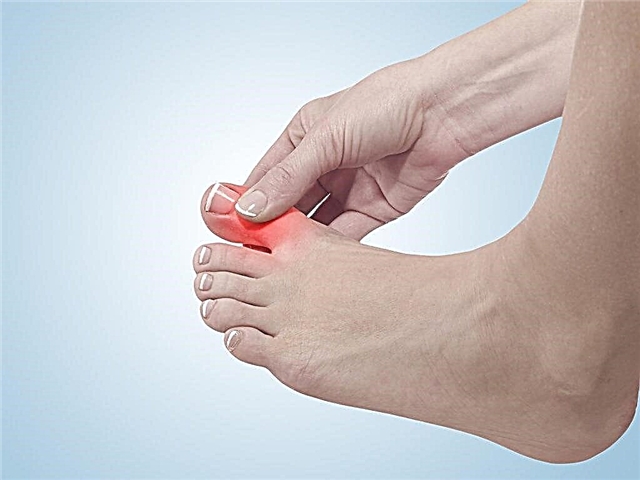Gout is one of the most common types of arthritis. The disease is much more common in people with metabolic syndrome and / or overweight, and has seen a surge in the last 10 years.
Usually, gout is a sudden and painful inflammation of the joint, mainly the thumb. It can also affect other joints such as the wrists, knees and finger joints.
Inflammation and sudden pain are caused by elevated levels of uric acid in the blood, resulting in crystals that are deposited in the affected joint. These crystals activate the immune system, causing pain and inflammation.
How the keto diet affects uric acid levels

Because of how severely the ketogenic diet restricts carbohydrate intake, it has the lowest glycemic index of all other diets. Short-term studies of this diet show that there is a temporary increase in uric acid in the body in the first few weeks. But after about 6 weeks, this effect usually disappears, as uric acid levels return to their original level or even become lower.
It is believed that the rise in uric acid early in the ketogenic diet is caused by increased breakdown of protein for energy in response to a lack of dietary carbohydrates. Once the body starts burning ketones for energy, the body's need for sugar will decrease along with uric acid levels and protein breakdown.
One study found that after six months of a low-carb diet, uric acid can drop significantly, which can reduce the risk of gout.
Overall, it appears that in the first two weeks, the keto diet may increase the risk of gout, while potentially reducing the risk as the body burns more ketones for energy. A paradoxical situation arises: there are many people who reported that keto cured their gout, while others experienced gout symptoms after starting the diet (this can be due to many reasons, including increased consumption of meat and fish and / or keto adaptation)
Keto is the best diet to treat gout

In terms of macronutrients, a diet low in carbohydrates and calories is best suited, especially if carbohydrates are limited enough to increase ketone production. Also, as the main sources of protein, the diet should include plant foods and dairy products, limiting the consumption of fish and meat.
You also need to maintain proper hydration and electrolyte levels. Overall, here's a quick rundown of what might be the best diet for gout:
- Follow keto dietwhich allows you to maintain ketosis and lose excess fat.
- Limit meat consumption to ~ 5.5 servings or fewer per week.
- Limit seafood consumption to ~ 1 or fewer servings per week.
- Get most of your protein from high-fat dairy and plant keto-friendly foods.
- Avoid alcohol.
- Drink plenty of water and consume a lot of electrolytes - potassium and sodium.
- Eat a lot low-carb vegetablesto get enough vitamin C and folate.
- Start your day with keto coffee.
- Add vitamin C, folate, BHB salts, MCT oil, and / or cherry juice to your diet as needed (with cherries, be careful not to exceed your daily carbohydrate intake).
- Exercise regularly, sleep at least 7-9 hours a day, and add yoga and walking to your stress-relieving schedule.



